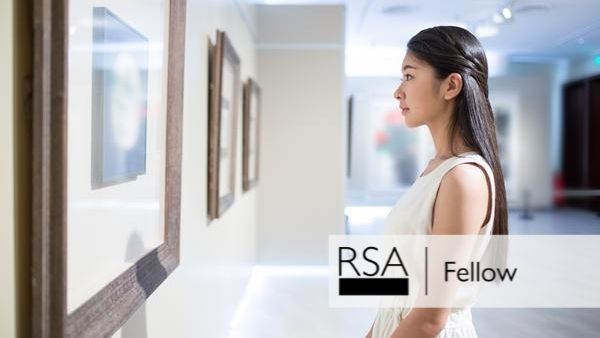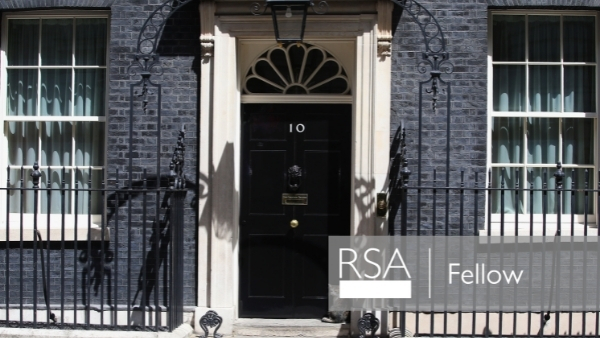We’re launching a new project using deliberative democracy to reinsert citizen voice back into decisions made about our houses and neighbourhoods. It’s not your normal deliberative democracy project, so we’ll be working through some of the challenges and unknowns out loud and together, to facilitate as much impact as possible.
Doing research is hard right now – for researchers, for participants and for funders. While we are facing all sorts of challenges with moving online during the pandemic, some really creative research methods have come out of the works in response.
Credit where credit is due in terms of adaptability and inclusion, but trying out these unfamiliar methods has raised lots of questions around validity and ethics. And we’re really stumbling into the dark in some cases. But Debbie Downer please step aside. In fact, many of us in the research community are seeing this as an opportunity to revisit some crucial but sometimes side-lined conversations around transparency of research, inequitable access to research, our emotions and experiences as researchers, and the hierarchy of research methodologies.

Planning and replanning (and replanning) research
In a talk by the NCRM about doing research online and in pandemic times, unsurprisingly, a conversation about the challenges of planning and replanning research came up. One thing that really stuck with me was one of the panellists, Vernon Gayle, talking about the value of making the research workflow public. Essentially, bringing people in on the challenges and decision-making that either made you tear your hair out/cry or ended up being a sigh of relief in itself because, actually, this is probably a better way of doing things – as an attendee of one of Vernon’s research presentations has humorously branded: “doing research with your trousers down.”
In the spirit of making the research sector more accessible, I’m a big fan of this kind of transparency and self-reflection. Give us the tea! But seriously, to open up our research in this way presents so many opportunities. Not only would we learn more from each other, but admitting when we aren’t sure helps to create spaces for some of those side-lined conversations, as well as to bring different people into the research process – especially those who we might not immediately think about. Changing the research plan, especially when you’re accountable to funders, can be daunting. But if you can ground your planning in ethics, wellbeing (of participants and of researchers), collective problem solving and good record keeping, I think we can start to have more faith in flexible research planning.
Our new project on deliberative practices at the local level
As part of our new People and Place research programme, we are kicking off a project with the Oak Foundation in Birmingham, to look at how we can use deliberative practices to bring citizen voice into the decision-making processes around housing and neighbourhoods, and positively impact on perceptions of economic security and wellbeing. This project is a little different to others using deliberative practices because its working at that hyper-localised level (at the moment, we’re thinking within a single neighbourhood), and because its looking at housing and neighbourhoods but specifically through the lens of economic security and wellbeing. Oh, and don’t forget the sprinkles on top of doing research in a pandemic.
We’ve barely even started the project but are already having to be quite honest with ourselves about the things we don’t know, the things we can’t predict, and how to make space for that in the research and project design (and the ol’ budget). We would have wanted this project to be community-led anyhow, but we’re making an even bigger effort to work with our really active Fellows network in Birmingham, to work closely with communities and community groups and think really carefully about how to engage people in a supportive way when, quite frankly, we’ve all got a lot on our plates.
Working together and out loud – join us for the ride!
We mostly have questions at this point – our apologies if you were expecting answers and solutions. But we really don’t think that’s a bad thing, especially if we are to make this project as equitable and participatory as we hope it to be. For you Birmingham-based folk, we’re kicking off the project in March with an event on doing deliberative practices to try and gather some feedback on how it would work at a local, community level in Birmingham (but all are welcome!). If you can’t wait till then, we’d love to hear from you about suggestions of neighbourhoods we could work with, or things that are already happening, or people who might have some really good insight on doing this type of work. In the meantime, we really hope you stay tuned as we try to work through some of these questions out loud and together.
Get in touch with samanthi.theminimulle@rsa.org.uk, @SamanthiRSA or PublicServices@rsa.org.uk.
Related articles
-
Curating Tomorrow
Comment
Henry McGhie
Museums curating consultant Henry McGhie asks how museums and other cultural institutions can support people’s participation in climate action and sustainable development?
-
Talk Shop’s Win-Win Workout on Low Traffic Neighbourhoods (LTNs) in London
Fellowship news
Low Traffic Neighbourhoods are contentious. Those for and against are fighting it out. The RSA has funded Talk Shop to develop an alternative.
-
Assessing party manifestos more objectively
Comment
Dave Donaghy FRSA
Dave Donaghy FRSA on the need for more clarity in political manifestos and how it can be achieved.




Be the first to write a comment
Comments
Please login to post a comment or reply
Don't have an account? Click here to register.